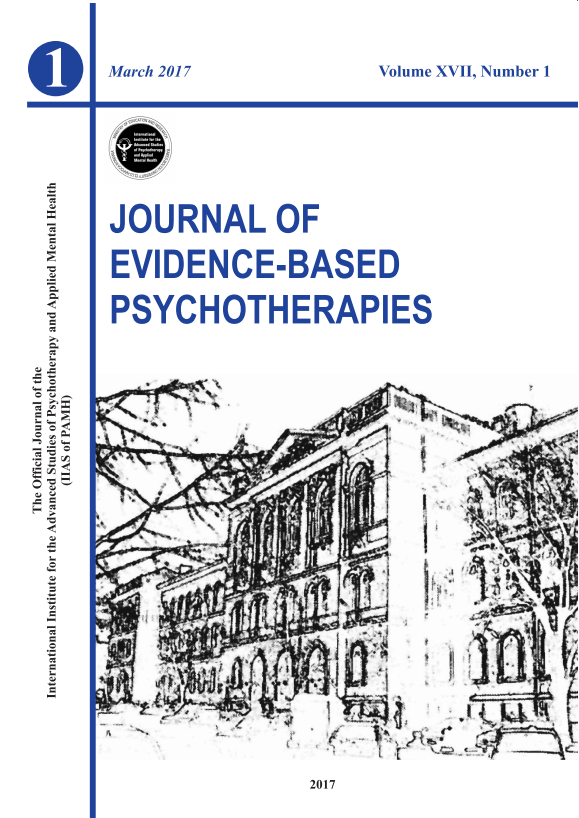Alexandru TIBA*1, 2, Claudia FURAK-POP3
1Private Practice, Oradea, Romania
2Babes-Bolyai University, Cluj-Napoca, Romania
3Counseling Center for Parents and Children, GDSACP, Oradea, Romania
Abstract
A naturalistic study regarding the effectiveness of a cognitive behavioral program for reducing the risk of child separation from family is described.
One hundred twenty six families that undertook either a systemic or a cognitive behavioral family intervention in a Child and Parent Counseling
Center were included in this study. Families were evaluated regarding the risk for child separation before and after intervention. Results showed that
cognitive behavioral and systemic-based interventions are effective in reducing both the imminence and the risk for separation of the children from
family and show financial benefits for child protection services.
Keywords: cognitive behavioral intervention, cost-benefit analysis, effectiveness, child separation from family
